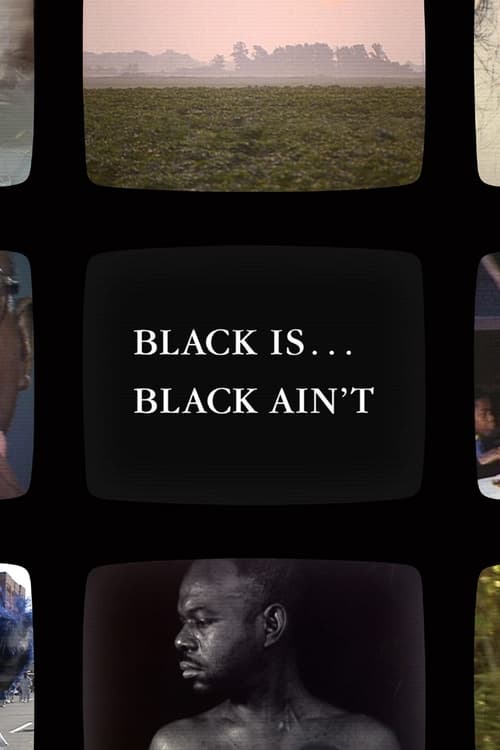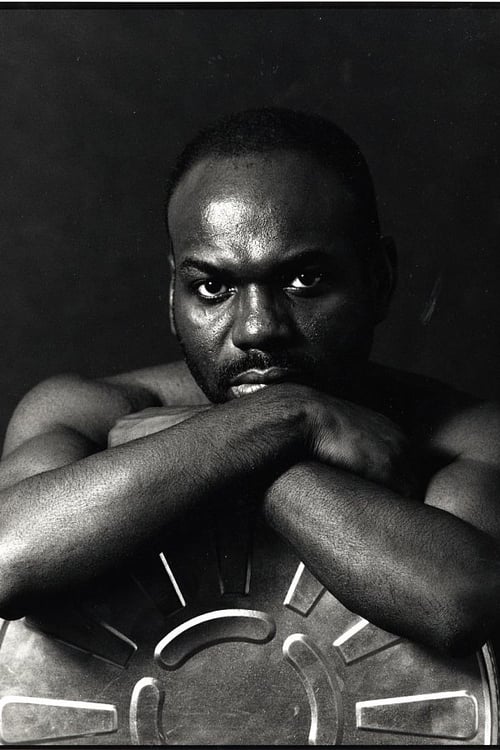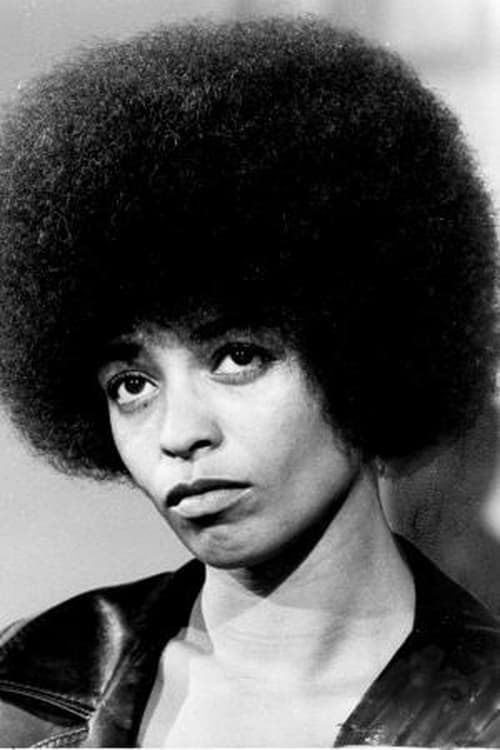Black Is … Black Ain’t (1994)
Genre : Documentary
Runtime : 1H 27M
Director : Marlon Riggs
Synopsis
African-American documentary filmmaker Marlon Riggs was working on this final film as he died from AIDS-related complications in 1994; he addresses the camera from his hospital bed in several scenes. The film directly addresses sexism and homophobia within the black community, with snippets of misogynistic and anti-gay slurs from popular hip-hop songs juxtaposed with interviews with African-American intellectuals and political theorists, including Cornel West, bell hooks and Angela Davis.

Portable Channel, a community documentary group in Rochester, New York, was one of the first small format video centers to have an ongoing relationship with a PBS affiliate (WXXI). Portapakers interviewed Sinclair Scott, a member of the negotiating team that went into Attica when the prisoners' rebelled at the federal prison in September 1971.

Two years after the riots and deaths at Attica, New York, a community day was organized at Greenhaven, a federal prison in Connecticut. The event was documented by People's Communication Network, a community video group founded by Bill Stephens, for cablecast in New York City, marking the first time an alternative video collective was allowed to document an event inside prison walls. Seventy-five-year-old Queen Mother Moore speaks of her support of Marcus Garvey in New Orleans and her involvement with African-American education in Brooklyn.
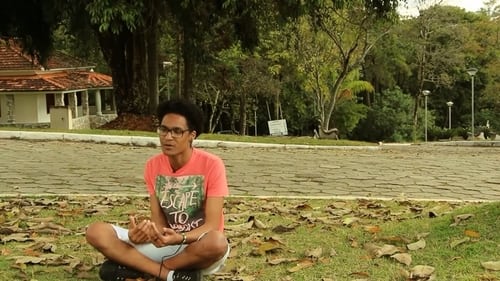
This film addresses issues related to black gay men, inside and outside the LGBTQ+ movement. Hypersexualization of black bodies, loneliness, racism and homophobia are examples of the topics covered. Thus, we seek to discuss, at different times, the experiences of these subjects and their characteristics.

On the night their favorite bar closes, Eden, Crystal, and Ibtissame, three young black and arab queer girls, experience strange events: Crystal mysteriously disappears, kidnapped by a purple star. Eden starts looking for the one she loves, until she discovers that Crystal is trapped in another fantastic and strange world...
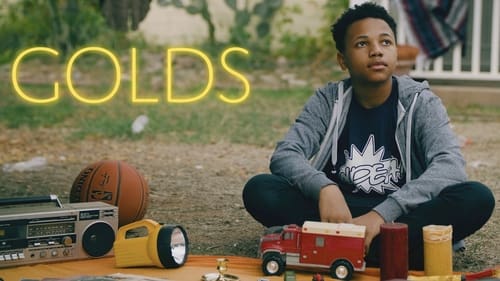
"Golds" follows Mercy, a young boy who lives in a poor neighborhood with his ill mom who can not afford the medical attention she needs. Mercy comes up with a creative way to raise money for his mom.

Based on a True Story, we journey back to 1980 to see John King, a 10yr old African American boy, see his mother experience the Joy of Salvation, after witnessing her endure domestic violence, to then desire and experience Salvation deeply for himself. He then begins a hard journey and increases in his love for God, which results in him answering the call to Evangelism. See him in his everyday life, at home, school, church, and play, as he learns the importance of being obedient and respecting his parents, teachers, and elders by facing the consequences of his actions. The underline story is a true return to core parenting by introducing our youth to the Lord at a young age. Other short cross sub-stories involve using wisdom dealing with a dreaded disease, the lack of respect for our public school educators, and the irreplaceable benefits of continuing to offer music/band programs in schools.

Nicknamed the "Harlem Hellfighters", these African-Americans wanted to become ordinary citizens like everyone else. They saw fighting heroically in the trenches as their chance to achieve this. In 1918, the 15th New York National Guard Regiment became the most highly decorated unit of the First World War.

In the 1920s, the rights of American workers to join a labor union was still considered an open question, and African-Americans were routinely denied their civil and economic rights. 10,000 Black Men Named George, the title, refers to the fact Pullman porters were often called "George" by white passengers, which was considered a racial slur.

Ben Caldwell’s Medea, a collage piece made on an animation stand and edited entirely in the camera, combines live action and rapidly edited still images of Africans and African Americans which function like flashes of history that the unborn child will inherit. Caldwell invokes Amiri Baraka’s poem “Part of the Doctrine” in this experimental meditation on art history, Black imagery, identity and heritage.
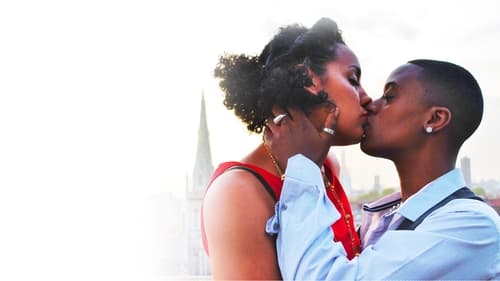
JJ is a 'Stud' Lesbian. Together with her best friend Seb, a gay pretty boy, they work as wedding photographers. When JJ falls in love with a beautiful diva, JJ and Seb's friendship is tested. JJ is forced to chose between her hot new lover and her best friend.

An idealistic young man is torn between a sultry Chicago nightclub owner and a Scottish South Dakotan farmgirl.
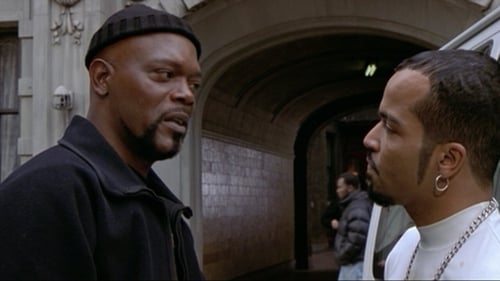
New York police detective John Shaft arrests Walter Wade Jr. for a racially motivated slaying. But the only eyewitness disappears, and Wade jumps bail for Switzerland. Two years later Wade returns to face trial, confident his money and influence will get him acquitted -- especially since he's paid a drug kingpin to kill the witness.
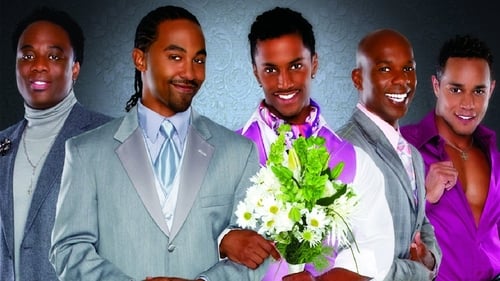
As Noah and Wade prepare to marry in Martha's Vineyard, the personal problems of their friends - and the unexpected arrival of rapper Baby Gat - threatens to permanently end their relationship.
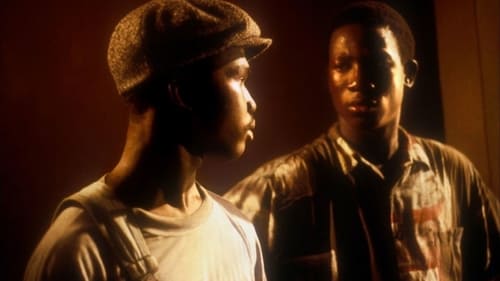
Though gay-themed stories about "coming out" and accepting one's sexuality are not uncommon in Western countries, such tales are still rare in many conservative African nations. Considered a ground-breaking film in its native Guinea, and filmed amidst a storm of controversy, Mohamed Camara's Dakan is the first of its nations films to directly address issues surrounding homosexuality. The story centers on the romance between two 20-year-old men, Manga and Sory who are first seen making out in a car. The trouble begins when Manga tells his widowed mother about his love for Sory, who is busy contending with his outraged father. The parents insist that the two never see each other again. Manga's mother then uses witchcraft to cleanse her son and change him into a heterosexual. Time passes and eventually Manga begins to date a girl. But it soon becomes apparent that try as he might, Manga's heart belongs to Sory.

The New Black is a documentary that tells the story of how the African-American community is grappling with the gay rights issue in light of the recent gay marriage movement and the fight over civil rights. The film documents activists, families and clergy on both sides of the campaign to legalize gay marriage and examines homophobia in the black community's institutional pillar-the black church and reveals the Christian right wing's strategy of exploiting this phenomenon in order to pursue an anti-gay political agenda. The New Black takes viewers into the pews and onto the streets and provides a seat at the kitchen table as it tells the story of the historic fight to win marriage equality in Maryland and charts the evolution of this divisive issue within the black community.

To many African Americans, soul food is sacrament, ritual, and a key expression of cultural identity. But does this traditional cuisine do more harm to health than it soothes the soul?
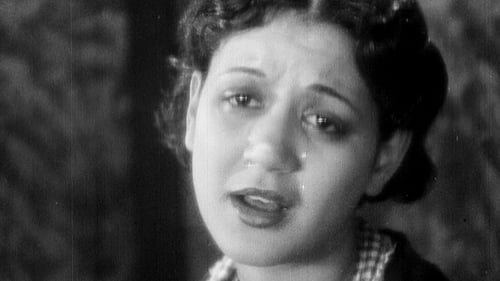
An educated, upscale young black musician marries a woman from a lower socioeconomic class to get her out of the clutches of her stepfather.

A drama that looks back on the Harlem Renaissance from the perspective of an elderly, black writer who meets a gay teenager in a New York homeless shelter.

A young black lesbian filmmaker probes into the life of The Watermelon Woman, a 1930s black actress who played 'mammy' archetypes.
